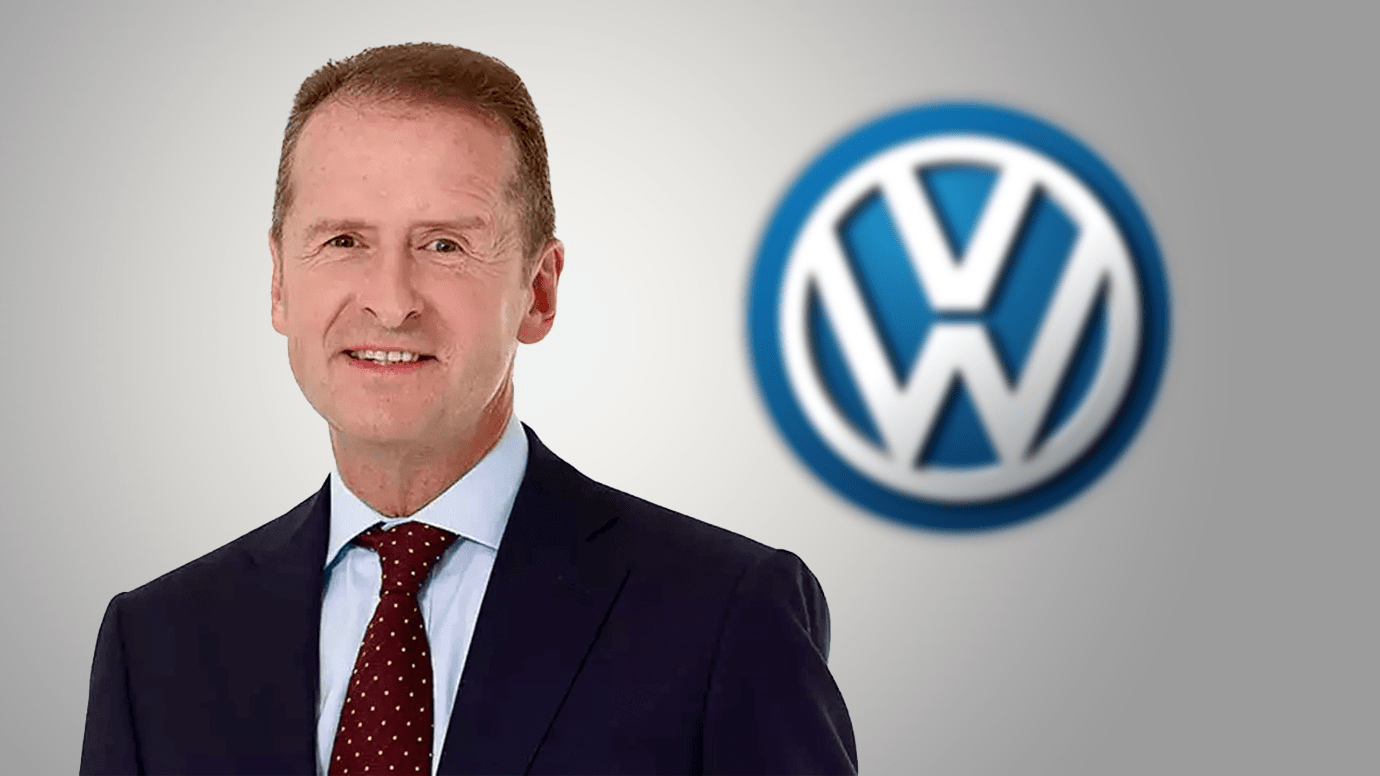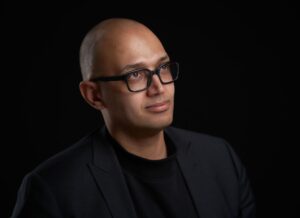
Why Skills-First Leadership Is Replacing the Ivy League Playbook in the C-Suite
The old prestige pyramid—where Ivy League degrees and blue-chip consulting backgrounds paved the way to the CEO seat—is cracking.

July 11, 2022: – Thursday, the CEO of German automotive giant Volkswagen sought to assuage concerns about electric vehicle sales and semiconductor supplies, predicting delivery times for EVs will get quicker as the year goes by.
“The outlook is excellent; we have excellent order information in Asia,” Herbert Diess told CNBC.
Supply chain constraints, including those related to semiconductors, have proven to be a significant challenge for automakers in recent times.
“We’re trying to shorten delivery times,” Diess said, “but we have a lead time of a year, so we are ramping up production. Five assembly plants are coming into production now,” Diess added.
Shares of Volkswagen sold up 5% in afternoon deals in London. The Frankfurt-listed stock price is down more than 28% year-to-date.
“We will see a ramp-up in the second half of the year to reduce delivery times for our EVs,” he added. “There’s high demand in Europe and the United States.”
Diess said Semiconductors still meant a bottleneck but said this would change soon. “We will see an alleviation through the coming weeks,” he said.
Diess’ comments came on a similar day his company broke ground on a cell factory in Salzgitter, Germany, and launched a battery company called PowerCo. A statement said PowerCo would be “responsible for global battery activities of the Volkswagen Group.”
It added that up to 2030, PowerCo would “invest more than €20 billion with partners in the development of the business area, generating annual sales over €20 billion and to employ almost 20,000 people in Europe alone.”
By 2030, VW expects nearly 70% of its European revenue to come from electric cars. In China and North America, its goal is at least 50% of revenue from EVs.

The old prestige pyramid—where Ivy League degrees and blue-chip consulting backgrounds paved the way to the CEO seat—is cracking.

Loud leaders once ruled the boardroom. Charisma was currency. Big talk drove big valuations.

But the CEOs who make history in downturns aren’t the ones with the deepest cuts

Companies invest millions in leadership development, yet many of their best executives leave within a few years. Why?

The most successful business leaders don’t just identify gaps in the market; they anticipate future needs before anyone else.

With technological advancements, shifting consumer expectations, and global interconnectedness, the role of business leaders

Maushum Basu is a visionary leader who inspires his team with a clear, compelling purpose. Unafraid to take calculated risks, he understands that growth often stems from change and innovation. His deep commitment to both Airia Brands, Inc.

When speaking with Martin Paquette, one thing is immediately apparent: he’s honest. His transparency is refreshing. While many shy away from such vulnerability, Paquette sees it as a force to reckon with. The incredible emotional intelligence speaks to years of looking within—it’s also what allows him to acknowledge his mistakes gracefully and use them as opportunities to innovate.

Marina Charriere, CEO of Star Drug Testing Services, Star Drug Testing Services (Windsor Park), and First Defence Face Masks go hand in hand. Star is a drug and alcohol testing facility, and First D F M is a face mask company.

Lejjy Gafour, CEO, CULT Food Science Corp. Lejjy is a self-taught entrepreneur and experienced company operator who made his start creating opportunities at the young age of 14, and he has been working, leading, and building businesses ever since.


Leave us a message
Subscribe
Fill the form our team will contact you
Advertise with us
Fill the form our team will contact you